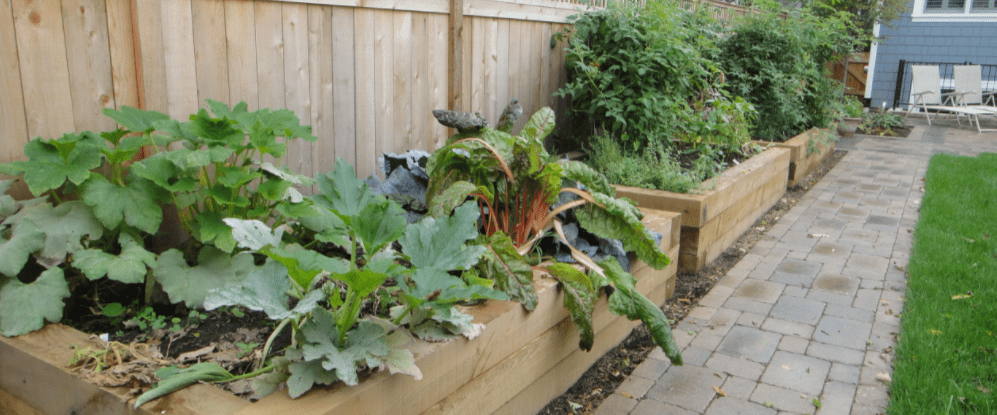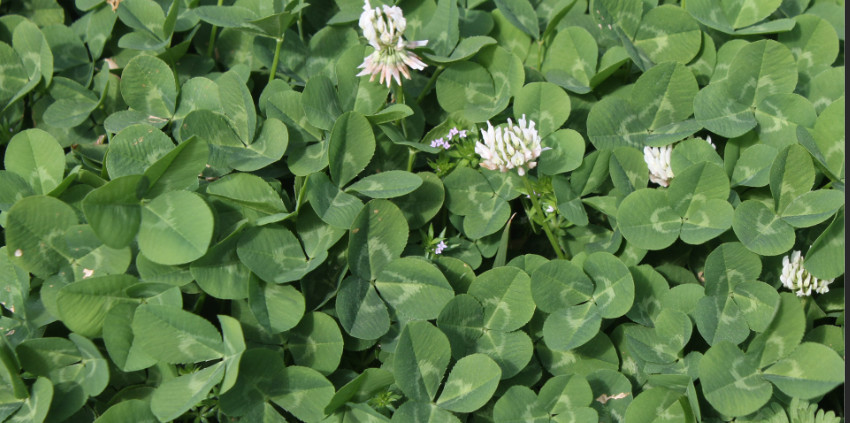Image Source; My art from Night Cafe, A.I generated.
My Compost Stinks, What Can I Do?
Compost is normally a great thing for the garden, but recently mine smelled really bad. I have always looked after my compost so I was “super surprised” when I could smell it from the kitchen. My wife was disgusted and complained nonstop.
I was not sure what was happening, so I decided to pull it apart.
You will be shocked at what I found!
How a Normal Compost Looks.
Love your soil, Love your garden, is a post I have done in the past, so it was embarrassing for me to admit that I had a problem. For me, it felt like gardening dandruff.
Compost is the content of the gardeners’ world. A good garden is built on top of great soils which is made with great compost. If your compost starts to smell it means something is going wrong, but it can be fixed.
‘What is the Best Way to Make Compost” is another blog of mine that explains how to make a good efficient composting system, as well as recommending a couple of “out of the box” “ready to go” compost bins.
So rather than repeating myself on how to build a compost, go back and read what I have posted before. Let us concentrate on the problems you may be having and why mine shocked me so much.
How To Fix Smelly Compost.
Compost shouldn’t smell like sewage, ammonia, decaying eggs, or anything else unsavory; it should just smell like dirt. If your compost smells awful, there is probably a problem with the moisture, air, temperature, or material balance in your compost bin or pile.
There are numerous causes of foul compost odors, as well as numerous remedies. Here are a few typical issues and their fixes:
Excessive Plant Material.
Too much green stuff is defined as anything that is nitrogen-rich, fresh, moist, or organic, such as manure, grass clippings, coffee grounds, or vegetable scraps. Green stuff speeds up the decomposition process, but too much of it might give off sewage or ammonia-like odors in your compost.
This is due to the fact that green material generates a lot of nitrogen, which, in the absence of sufficient carbon, might result in the production of ammonia gas. Like rotten eggs or Granny in the corner after Sunday lunch.
How to fix it: Add more brown material to your compost. Brown material is anything that is dry, woody, and rich in carbon, such as leaves, newspaper, straw, or cardboard. Brown material helps your compost absorb excess moisture and nitrogen and creates air pockets for oxygen to circulate. A good ratio of green to brown material is about 1:2 by volume (one part green to two parts brown). You can also turn your compost to mix the materials well and release some of the ammonia gas.
Not Enough Oxygen.
Too little air: Your compost won’t decompose correctly without enough air. Your compost’s organic material can only be broken down by aerobic microorganisms, which require oxygen. Lack of air might cause your compost to compress and go anaerobic (without oxygen). Without oxygen, anaerobic bacteria will take over and start producing noxious gases like methane and hydrogen sulfide, which have odors similar to those of rotten eggs or swamp gas.
How to fix it: Turn your compost regularly to add air and prevent compaction. You can use a pitchfork, a shovel, or your hands to turn your compost, depending on the size of your bin or pile. You should turn your compost at least once a week, or more often if it smells bad. You can also add some “fluffy” materials like dry leaves or grass to help keep the pile from over-compacting again.
Too Much Water.
Too much moisture: Your compost needs moisture to effectively decompose. The bacteria and other microorganisms in your compost benefit from moisture by being alive and active. But too much moisture in your compost might sometimes be problematic. By suffocating the aerobic bacteria, excessive moisture can lead to anaerobic conditions. Additionally, too much moisture might make your compost stinky and slimy.
How to fix it. Add more dry material to your compost to help it dry out by absorbing some of the excess moisture. Any brown material, including leaves, newspaper, straw, or cardboard, can be used for this. To aid in drying it out and assisting with the evaporation of some ammonia or other gases, you may also spread your compost out on a bright day. To keep your compost pile or bin from becoming too wet if you live in a rainy area, you might wish to cover it with a tarp or lid.
Layering.
Layering: When you add things to your compost bin or pile them in layers rather than thoroughly combining them, you are layering. For instance, you might add layers of green material first, then brown stuff, then more green material, and so on. Because layering hinders the materials from disintegrating uniformly and effectively, it can lead to issues. Your compost bin or pile may develop pockets of various conditions, such as those that are too hot, too cold, moist, or dry.
How to fix it. When adding your materials to your compost bin or pile, make sure to thoroughly mix them. To do this, you can employ your hands, a shovel, or a pitchfork. You can also routinely flip your compost to ensure that the components are uniformly dispersed and breaking down.
Common Compost Problems Video.
Final Thoughts
Following these instructions will help you overcome your “stinky” compost problems. However, it did not overcome mine. My compost suffered from a visit by a possum, thus the shock involved in the discovery.
At the stage of coping with my “stinky” compost problem, I was living in Australia. It was around Christmas time and we were very busy so a lot of normal gardening activity was put on hold. Unfortunately, at the busiest time of the year socially for us our whole house, yard, and anywhere within 10 meters absolutely stank.
The smell did go down after 2-3 days, but during that time we searched and searched but could not find what was causing the stench anywhere.
After Christmas, as I was getting back into the regular gardening routine I noticed the lid of the compost askew. As I got closer I noticed the smell increased and I got the “Aha” moment.

Sitting half in and half out of the compost was a grisly site that looked suspiciously like the picture I am using as the header.
If you are looking for superior soil that will help your compost reach new heights, check out Cali Soil.






